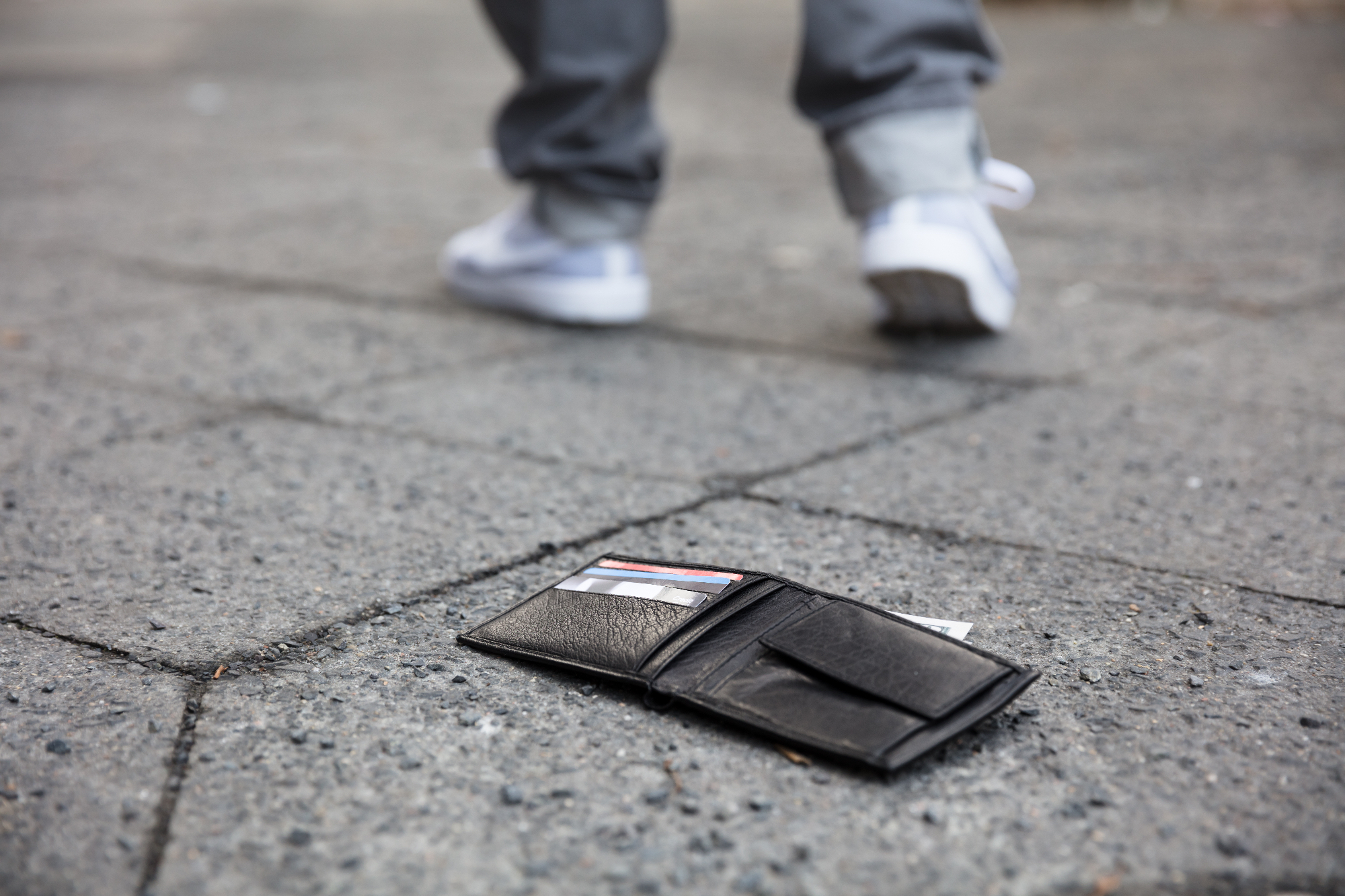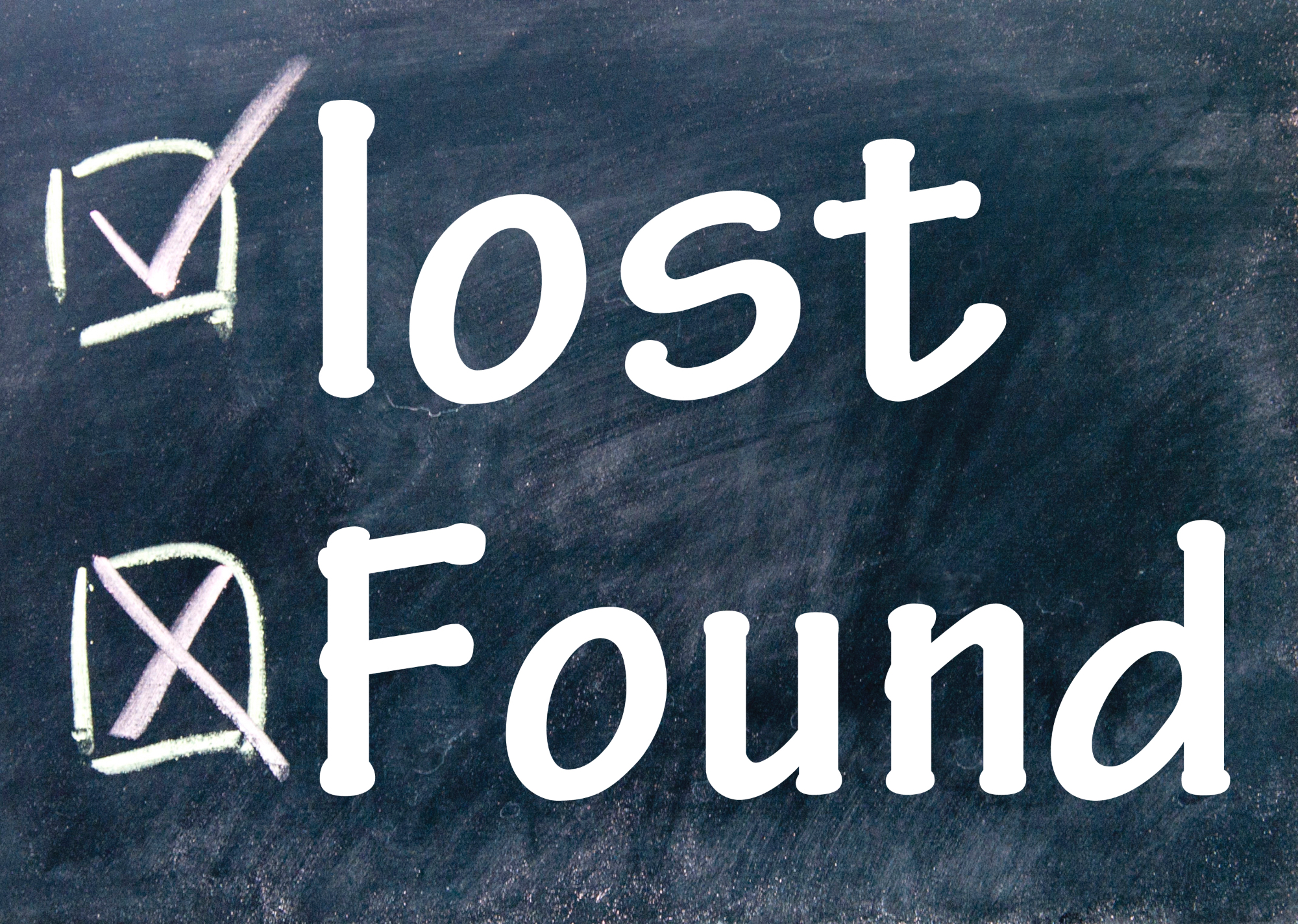Navigating through the vast universe of misplaced items can be a daunting task. This comprehensive guide is designed to help you discover the world of lost and found, taking you on an enlightening journey into this often overlooked area. From exploring renowned lost property offices like London’s Transport for London Lost Property Office, to providing tips on how best to recover your missing possessions; we delve deep into every aspect. We also shed light on unique digital platforms dedicated to reuniting owners with their belongings, such as Foundrop and Crowdfind. With expert advice from professionals in the field, including law enforcement officers and insurance claim advisors, we offer insights into legal implications regarding lost and found items. Our aim is not only to assist you in reclaiming what’s yours but also equipping you with knowledge about preventative measures ensuring fewer losses in future.
In the vast world of lost and found, it’s crucial to understand the importance of immediate action. The longer a belonging stays unclaimed, the harder it becomes to trace its rightful owner. Therefore, post-discovery procedures play an integral role in this process. It is common for public establishments such as airports, shopping malls or hospitals, to have dedicated lost and found departments where items are held for a certain period before being discarded or sold off at auctions. Various online databases and social media groups have also emerged as useful tools in bridging the gap between finders and seekers of misplaced objects. However, legalities can often come into play; ownership rights aren’t always clear-cut especially regarding valuable antiquities or unexpected treasures unearthed by metal detectors. Moreover, ethical dilemmas may arise when faced with seemingly abandoned property versus stolen goods that were dumped after use. This guide seeks to demystify these complexities while highlighting preventative strategies to minimize future losses.


In light of these complexities, a broad understanding of the concepts and terminologies associated with lost and found is essential. One must be well-versed in terms like ‘mislaid property’, which refers to personal belongings that were unintentionally left behind by the owner, and ‘abandoned property’, items that have been deliberately discarded. The difference between these two categories can often dictate how you should proceed upon discovering an item. Additionally, knowledge about specific databases such as Unclaimed Baggage (a retail store purchasing unclaimed luggage from airlines) or MissingX (an online lost and found service used by major organizations worldwide), could prove instrumental in both locating your own missing items or returning those you’ve found. However, one must also bear in mind the potential legal implications of handling valuable antiquities – laws governing treasure trove rights differ greatly across jurisdictions. Ethical issues too warrant careful thought; for instance distinguishing between seemingly abandoned property versus stolen goods can present a conundrum. Preventative strategies are equally important to curb future losses – marking personal belongings clearly, keeping a list of serial numbers for electronics, using tracking apps for mobile devices or even simply double-checking your surroundings before leaving public spaces can go a long way. Through this guide’s exploration into the world of lost and found logistics, it hopes to equip readers with practical knowledge while fostering responsible conduct concerning other people’s possessions.…